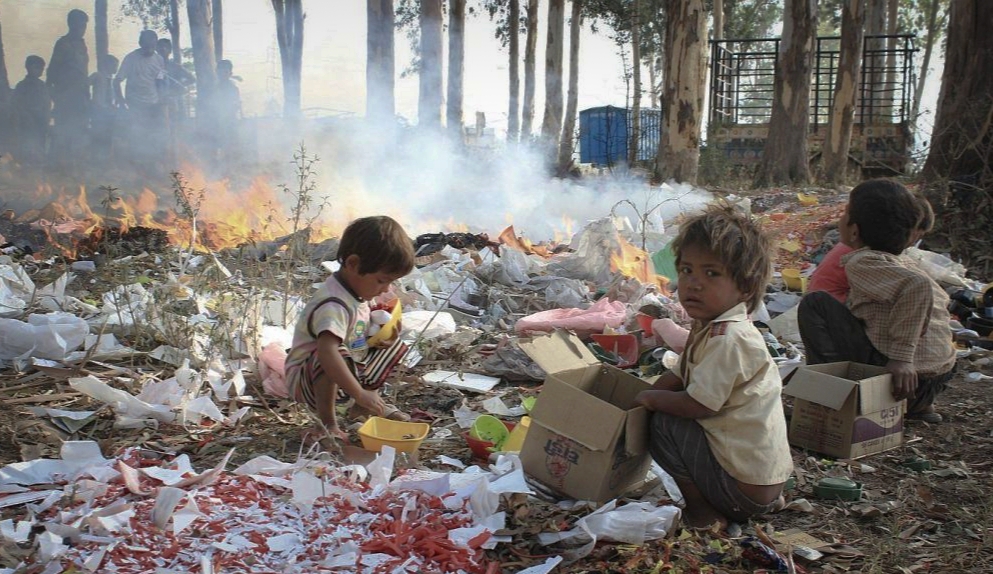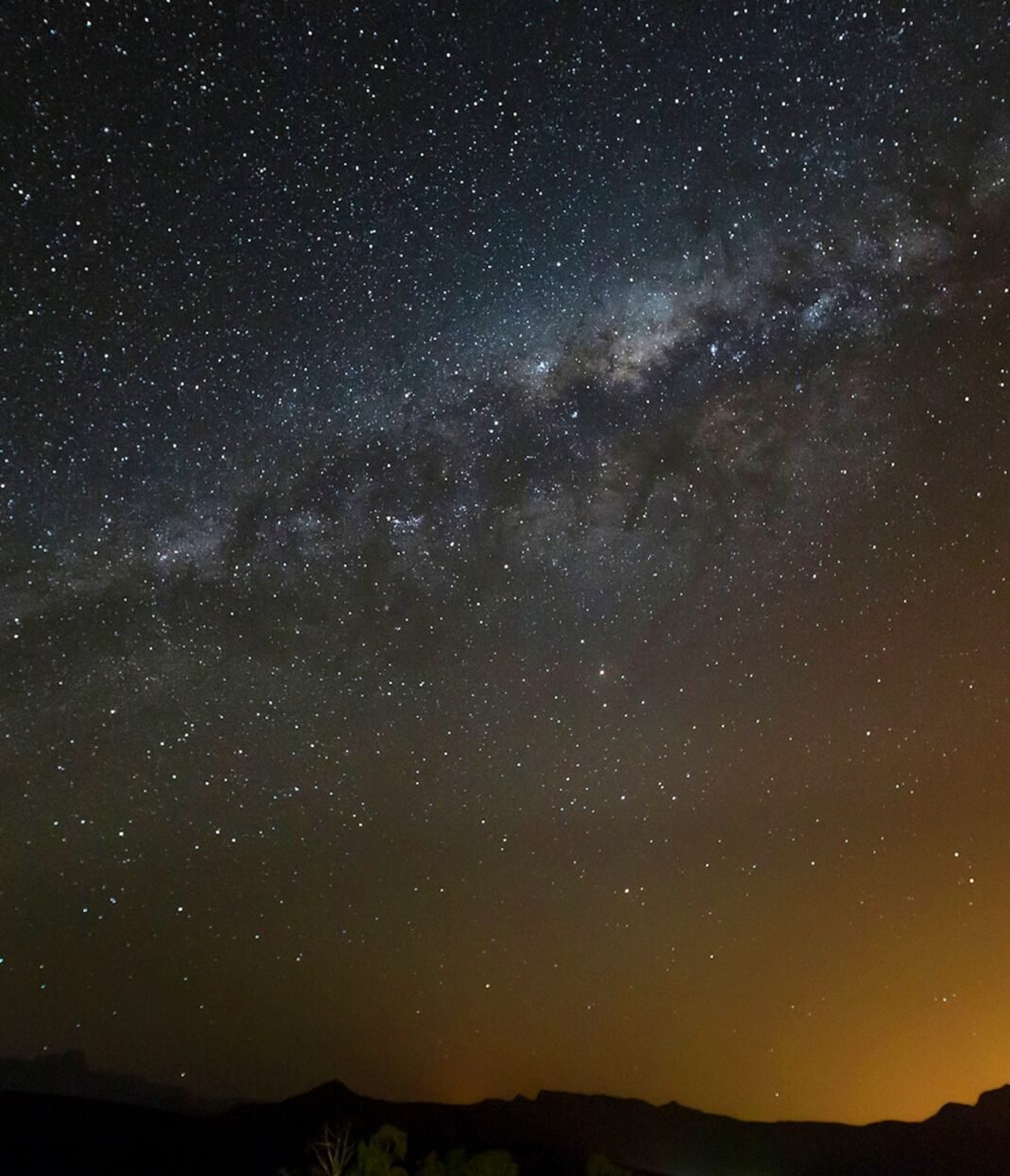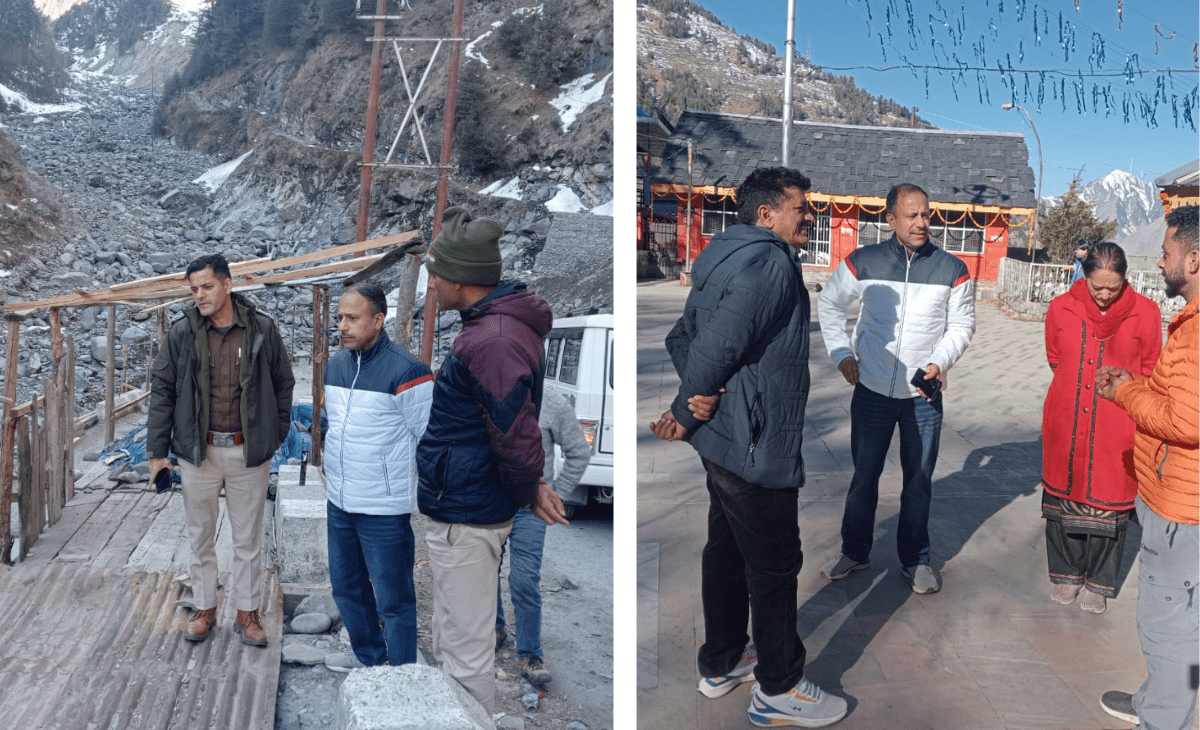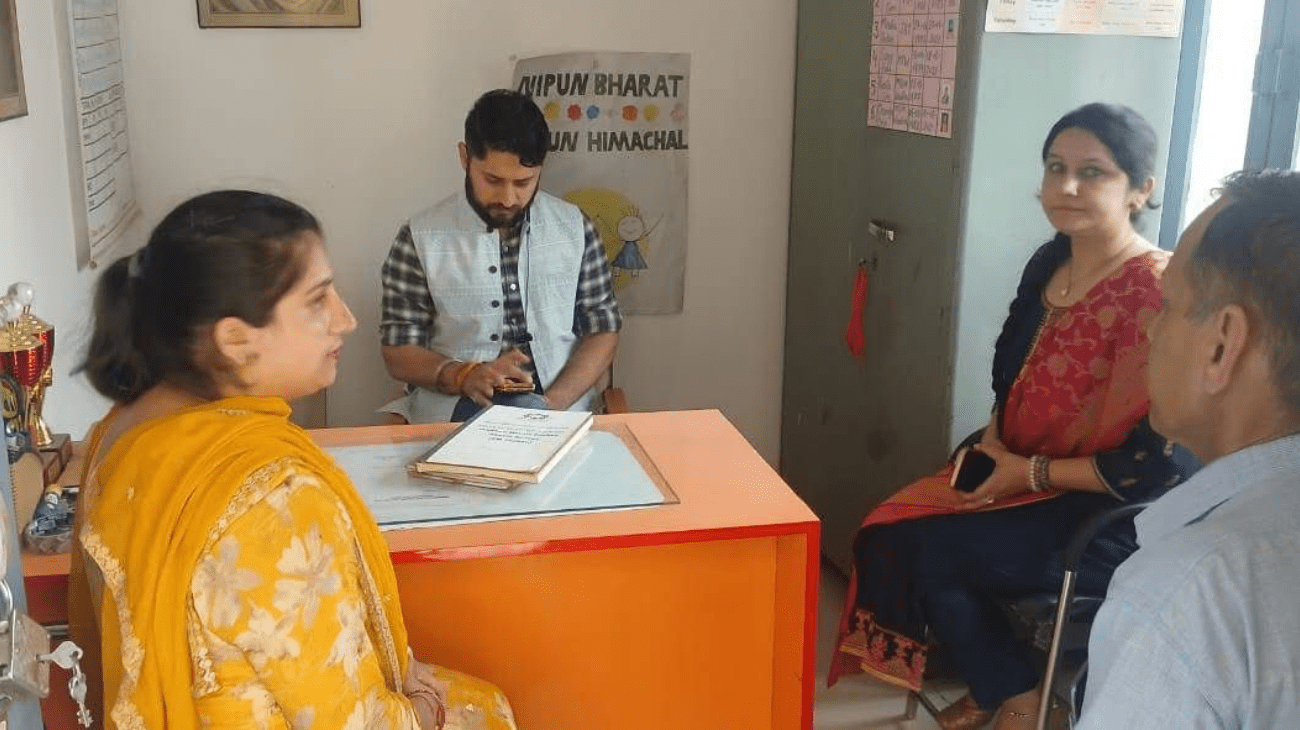The Newz Radar
Baddi: Baddi, the industrial hub of Himachal Pradesh, has claimed the dubious distinction of being the most polluted city in India for Tuesday, surpassing even the pollution levels in the national capital Delhi and the bustling metropolis of Bengaluru, which boasts the highest number of registered vehicles in the country. The alarming revelation comes from the latest data released by the Central Pollution Control Board (CPCB).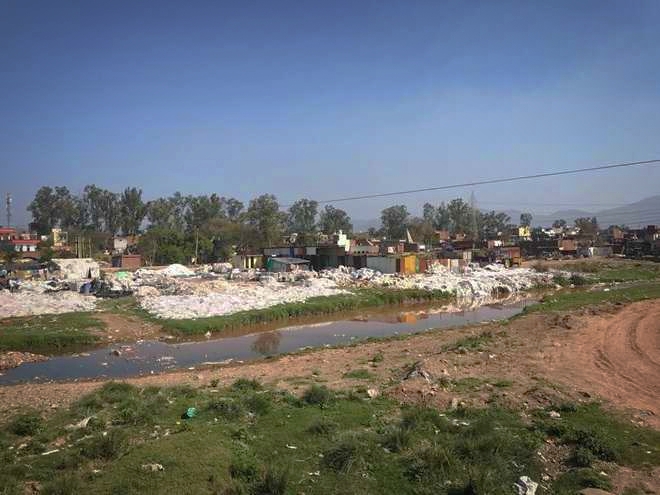
With a staggering 416 on the Air Quality Index (AQI), Baddi took the lead in the list of most polluted cities on a given Tuesday. The area, hosting around 4000 industries contributing to a yearly revenue of around INR 80,000 crores, has raised concerns about the environmental impact of industrial activities in the region.
The CPCB’s list ranked Balasore second with an AQI of 406, followed by Delhi at 371, Bhagalpur at 359, Baripada at 355, and Bhiwadi at 349. The gravity of the situation extends to cities like Chandigarh, Sri Ganganagar, Rajgir, Hanumangarh, Chhapra, Gurugram, Greater Noida, and Ghaziabad, all grappling with deteriorating air quality.
Himachal Chief Minister Sukhwinder Singh, in his budget speech, emphasized the need to transform the state into an environmentally sustainable entity. Proposing measures like electric vehicles, solar energy promotion, and the creation of green corridors, Sukhu’s vision aligns with the urgency highlighted by the air quality index.
The government’s vision to make Himachal Pradesh the tourism capital of India hinges on ensuring a healthy environment. However, challenges persist, and it’s not solely the forest department but passionate activists like Ghazala Abdullah who are leading the fight for the environment in state.
Nicknamed the ‘Green Lady,’ Ghazala Abdullah, a 60-year-old single mother of nine children (two biological and seven adopted), has been a relentless environmental activist for the past 25 years. Born in Germany to a German mother and an Indian father, Ghazala’s love for Buddhism and the Tibetan and Gaddi community brought her to Mcleodganj near the Dalai Lama temple in 1994.
Her activism gained momentum in 2015 when a large number of old Deodar trees were felled near her residence. Ghazala initiated a campaign to preserve the remaining trees of this hill station amidst rampant construction activities. Her efforts resulted in heavy penalties for violations, the closure of about 100 hotels for months, and strong reprimands from the High Court directed at local authorities for their inaction.
Having earned the trust of the locals, Ghazala Abdullah has become the go-to person for reporting illegal tree felling, underscoring the crucial role played by dedicated activists in safeguarding the environment.


